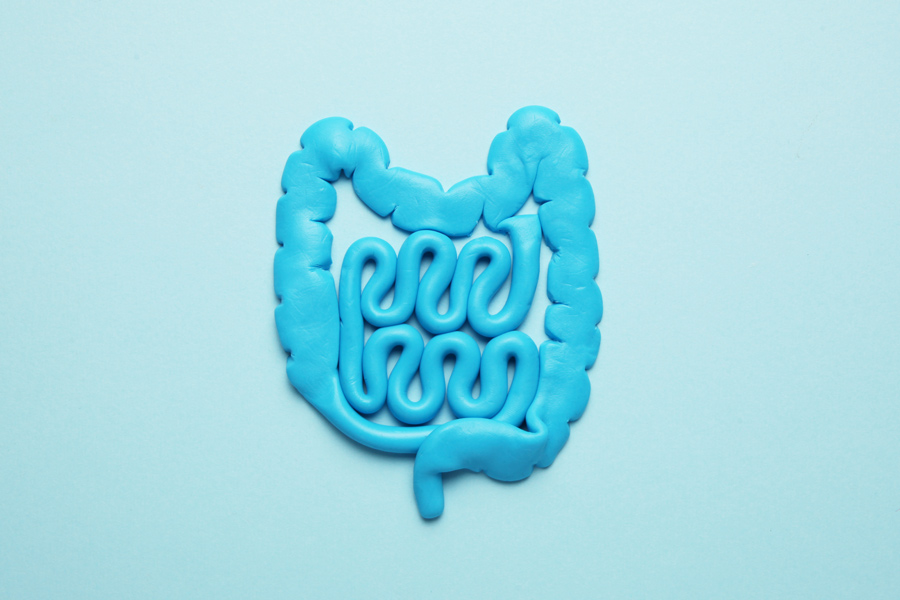

What Are The Signs Of A Healthy Gut? What Is Normal?




Do you have gut problems? Our guts are delicately balanced to allow our bodies to absorb the nutrients we need for our bodies to function properly. When your gut functions normally, gut bacteria is balanced and free of symptoms.
Ever considered that your gut may not be as healthy as you think? We see many patients who live with gut problems like bloating and gas on a daily basis. But even when gut problems have become normal for you, it doesn’t mean they’re normal, or you have to put up with them.
Once in a while, it is normal to experience gut upset – perhaps when you’ve eaten something that doesn’t agree with you or you’ve had a fizzy drink which makes you burp straight away. However, to experience any of the following symptoms regularly is not normal. Hold onto your hat; we’re about to discuss poo in detail as it’s an integral part of your gut health.
Some of the more obvious signs of an unhealthy gut include:
Less obvious symptoms include:
Dr Harpal Bains explains: “You’d be surprised at the number of people who think pooing every two days is normal! It is normal for a person on a regular diet to poo 1-3 times a day. It should be well-formed and look like a sausage, be not too soft, not too hard. There should be no blood or pain when passing the stool. While it’s normal to occasionally burp (if you just drank a fizzy drink, for example) and pass wind, it is no longer considered normal if it is excessive and lasts for hours. Many people consider bloating a part of daily life – they get used to it and assume that it’s normal for them, but a healthy gut shouldn’t experience any bloating. Bloating means that microbial fermentation is happening in the gut and some kind of organism (bacterial or otherwise) is causing this.”
Some scientists refer to the gut as the second brain because it is complex and affects our entire body. We are still learning all about how it can impact our health. Although the gut is inside your body, it’s a part of your insides directly exposed to external influence (like food and drink). Then, it should come as no surprise that the most common cause of gut-related symptoms is food intolerance.
Food intolerance is a hypersensitivity to certain foods or ingredients. It’s different to an allergy, despite some of the symptoms being similar. Although the exact number of people in the UK with food intolerances is not known, based on our experience in the clinic, we believe the number is on the rise.
If your body doesn’t like a particular type of food, it assumes that the food is an enemy. The immune system then jumps into action and sends ‘soldiers’ out to fight what it perceives as the enemy (the food) by releasing toxins and other nasties. Every time you eat the food that triggers this reaction, this process of ‘fighting’ is going on, and each time it causes damage to the gut lining. Once the gut lining is damaged, this leads to a disturbance in the delicately balanced microflora within the gut. Over time, this changes the internal environment, altering how it reacts with the immune system, which can lead to food sensitivities.
“We often find with our patients that they will start with one food intolerance and over time their body can tolerate less and less of other foods because the membrane lining of the gut is getting more and more damaged,” explains Dr Bains.

Some gut bacteria can trigger autoimmune disorders. How? When you have a food intolerance, the body gets signals that say the food you are eating is dangerous (even if it isn’t). The body goes into attack mode, sending soldiers to fight and causing inflammation. If the body starts to do this all the time, food intolerance can develop into autoimmune disease – autoimmune disorders are caused by the body’s cells attacking itself.
Dr Bains says: “I hold the somewhat controversial view that if you have intolerances, you should refrain from eating lots of small meals throughout the day because it doesn’t give your gut time to heal. By eating regular small meals, you are essentially forcing the body to attack itself and not giving the gut a rest. This is why I sometimes recommend fasting to patients.”
“Lots of my patients who started with one intolerance now have many and are just a hop, skip and jump away from developing an autoimmune disease. When your gut is starting to trouble you, one of the best things you can do is go three days consuming only bone broth – nothing else. If you really cannot be without vegetables, they need to be overcooked to break down the fibres so as not to irritate the gut lining. An elimination diet could follow this to determine what triggers your gut issues. This is a basic first step but can change things for many people.
“Once you start reintroducing foods, do this slowly and pay attention to which are ‘trigger foods’. If this 3-day reset hasn’t done much for you, your gut is likely to need further investigations. We do speciality testing for stools at the clinic, which is different from NHS stool testing. This can frequently help identify the correct ‘offending’ species and help with managing it better. We also combine this with a structured repopulating of the gut. If managed early on, most people find that many things change for them, and they can frequently resume eating foods that they were sensitive to before in time.”
Want to speak to an expert about your gut issues? We can help you get to the root of things. Book an appointment with us online or call and speak to a member of our team on 020 7096 5475.